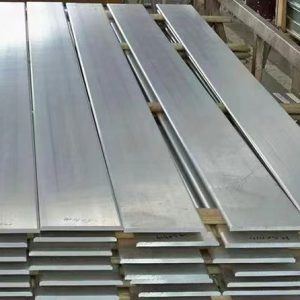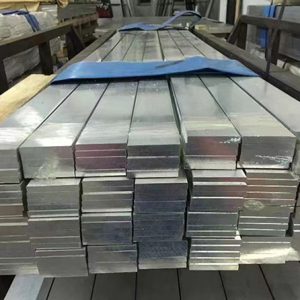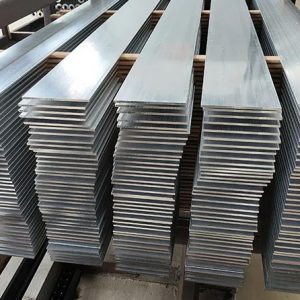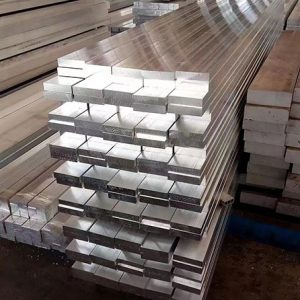Electric grade aluminum bus bar is typically made from high-purity aluminum alloys that have excellent electrical conductivity and other desirable properties for use in electrical applications. Some of the most commonly used aluminum alloy models for electric grade aluminum bus bar includes 1060 aluminum busbar and 6061 aluminum busbar.
How to choose electric grade aluminum bus bar
The choice between 1060 aluminum bus bar and 6061 aluminum bus bar for use in electrical applications depends on the specific requirements of the application.
1060 aluminum bus bar is most commonly used in low voltage applications where the current loads are relatively low. Its high electrical conductivity and low cost make it an ideal choice for use in applications such as switchgear, motor control, and transformers.
6061 aluminum bus bar, on the other hand, is commonly used in medium to high voltage applications where the current loads are higher. Its high strength, good electrical conductivity, and excellent corrosion resistance make it an ideal choice for use in harsh environments such as marine and aerospace applications.
Both 1060 aluminum bus bar and 6061 aluminum bus bar are widely used in electrical applications, but the choice between them depends on the specific requirements of the application. For low voltage applications with low current loads, 1060 aluminum bus bar may be the preferred choice, while for medium to high voltage applications with higher current loads and harsh environments, 6061 aluminum bus bar may be the preferred choice.
Features of electrical gradce aluminum bus bar
Electrical grade aluminum bus bars have several features that make them suitable for use in electrical applications:
High electrical conductivity: Aluminum has a high electrical conductivity, which means that it can efficiently conduct electricity with minimal resistance.
Corrosion resistance: Electrical grade aluminum bus bars are typically coated or anodized to protect them from corrosion. This helps to extend their lifespan and ensure that they remain conductive over time.
Lightweight: Aluminum is a lightweight metal, making it easier to transport and install bus bars made from it. This can be particularly important in large electrical systems where weight can be a concern.
Easy to fabricate: Aluminum is a relatively soft and malleable metal, which means that it can be easily formed into the shapes needed for bus bars. This can help to reduce fabrication time and costs.
Cost-effective: Aluminum is a relatively inexpensive metal, making it a cost-effective choice for bus bars.
Good thermal conductivity: Aluminum has good thermal conductivity, which means that it can effectively dissipate heat generated by electrical currents. This can be important in applications where heat buildup could cause problems.
High strength-to-weight ratio: Aluminum has a high strength-to-weight ratio, which means that it is strong for its weight. This can be particularly important in applications where weight is a concern but strength is also important.

Application of electrical grade aluminum bus bar
Electrical grade aluminum bus bar is a type of electrical conductor that is commonly used in power distribution systems. It is made of high-purity aluminum and is designed to carry large amounts of electrical current with low electrical resistance and minimal energy losses. Here are some common applications of electrical grade aluminum bus bar:
Power distribution: Electrical grade aluminum bus bar is commonly used in power distribution systems to connect power sources to loads. It is used in switchgear, transformers, and other high-current applications.
Motor control centers: Electrical grade aluminum bus bar is used in motor control centers (MCCs) to distribute power to motors. MCCs are used to control and protect electric motors in industrial settings, and aluminum bus bars are an ideal choice for these applications due to their high current carrying capacity and low weight.
Electrical panels: Electrical grade aluminum bus bar is used in electrical panels to distribute power to various components. This can include circuit breakers, relays, and other electrical devices.
Lighting systems: Electrical grade aluminum bus bar is used in lighting systems to distribute power to various fixtures. It is often used in large commercial and industrial buildings where a high volume of lighting is required.
Renewable energy systems: Electrical grade aluminum bus bar is commonly used in renewable energy systems, such as wind and solar power, to connect the power source to the inverter. The inverter then converts the DC power generated by the renewable energy source into AC power that can be used by homes and businesses.






